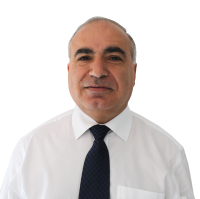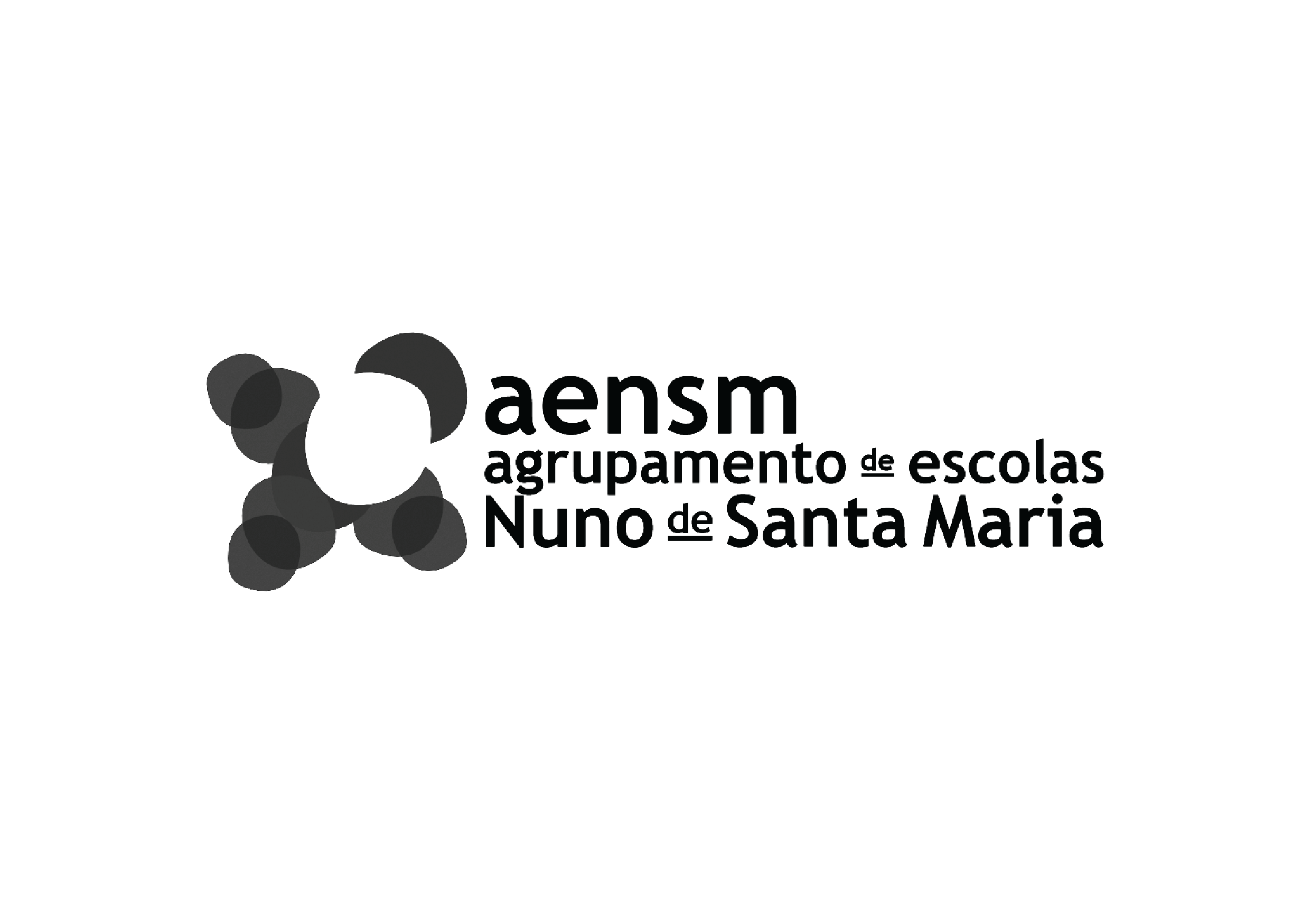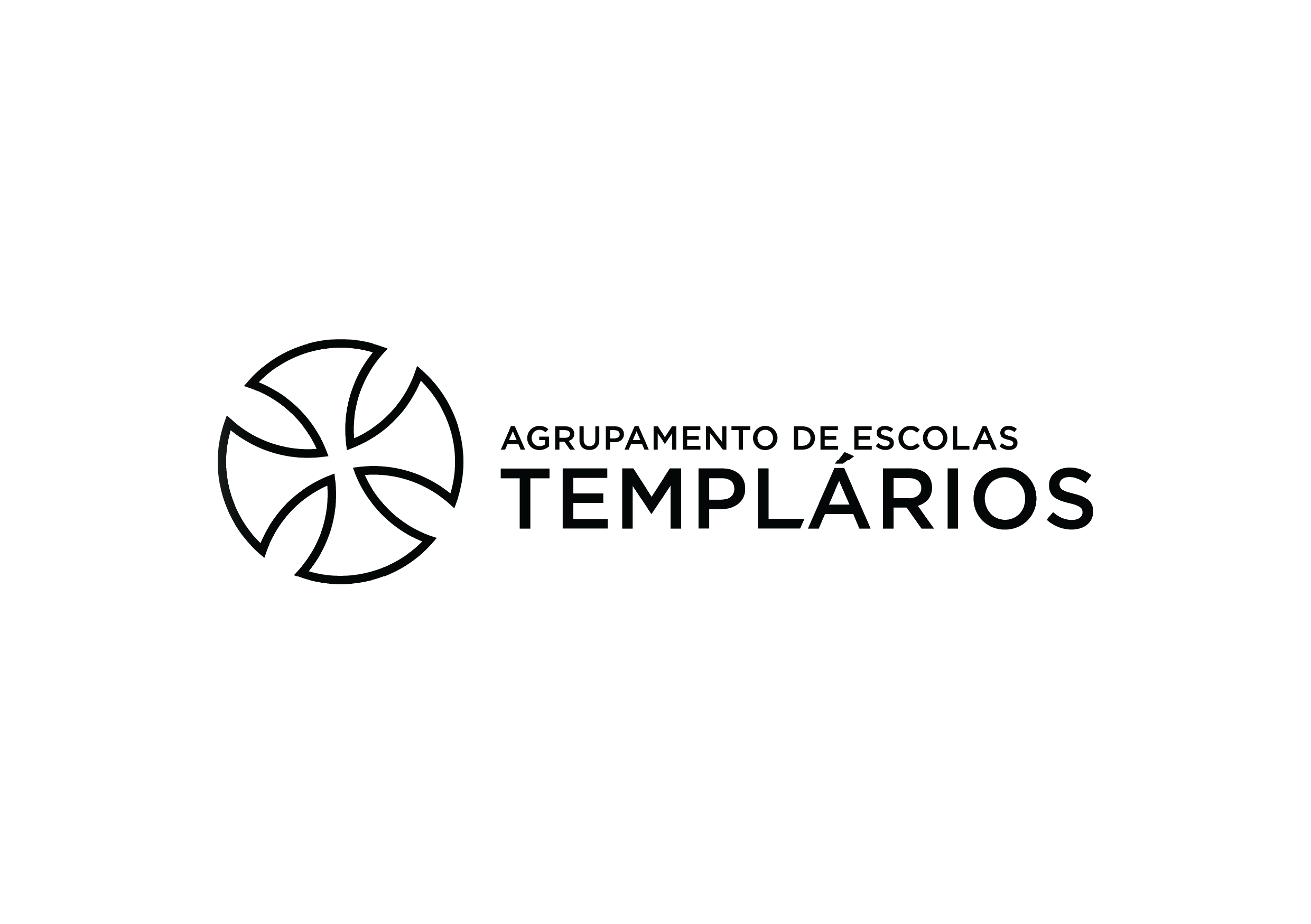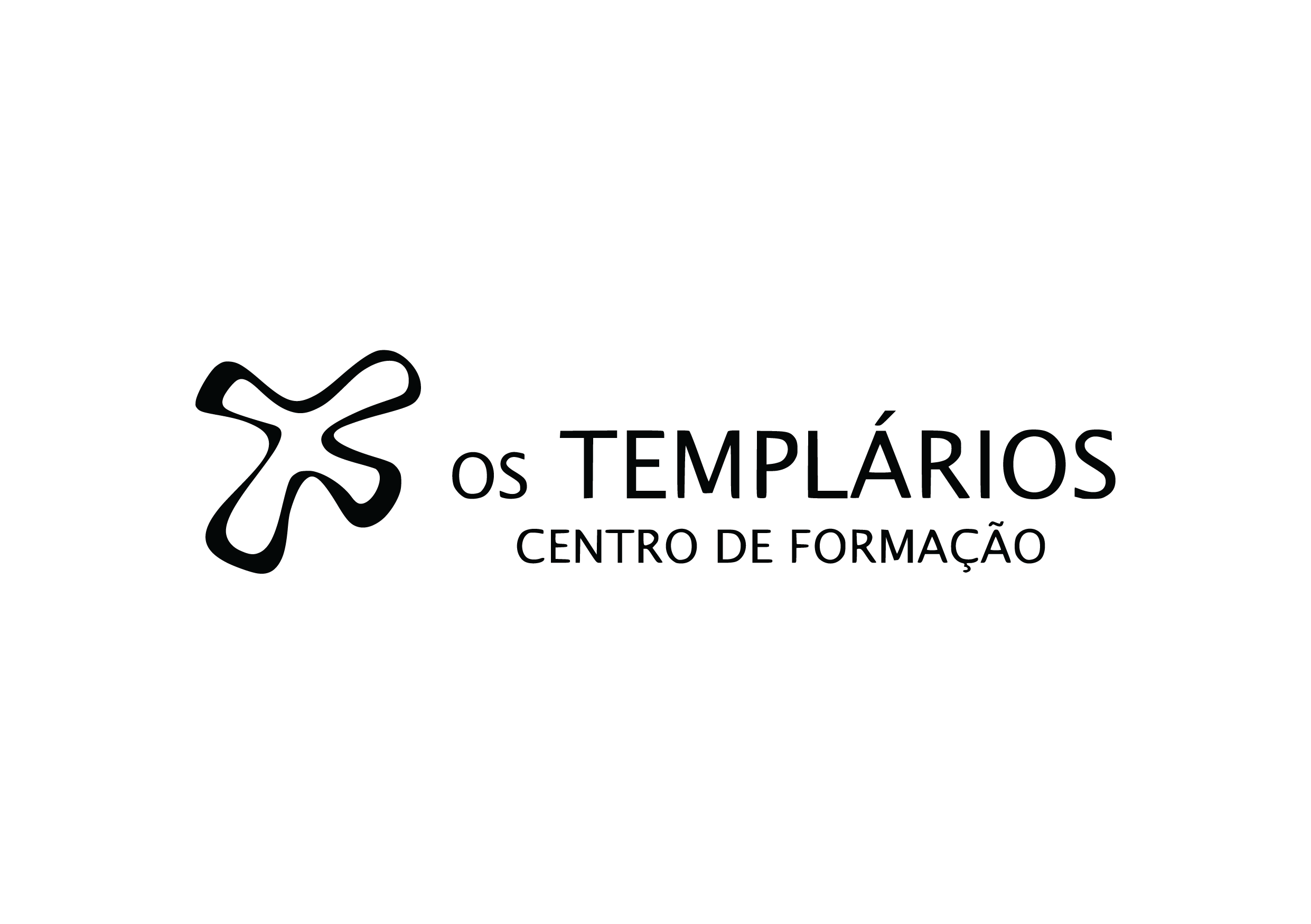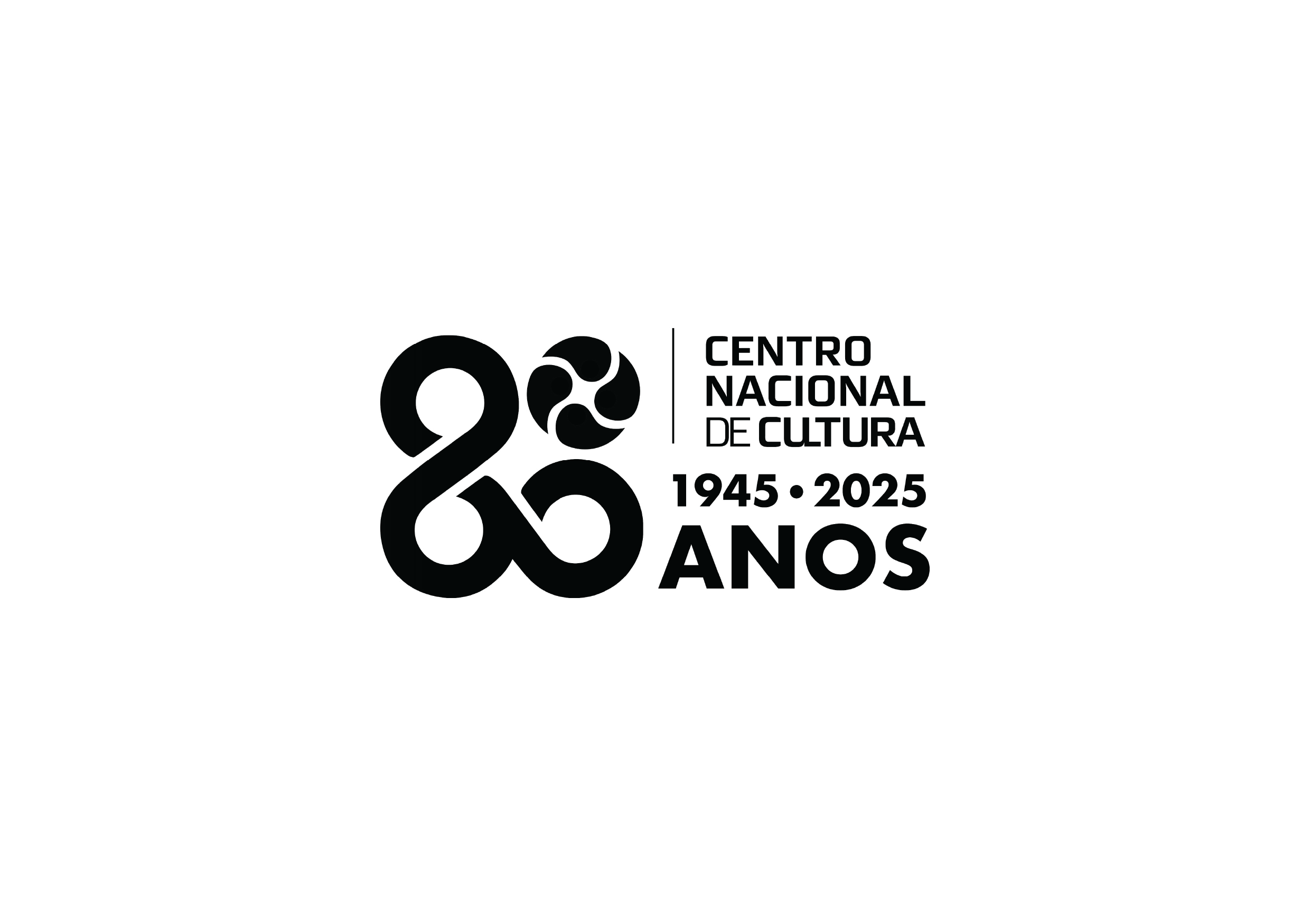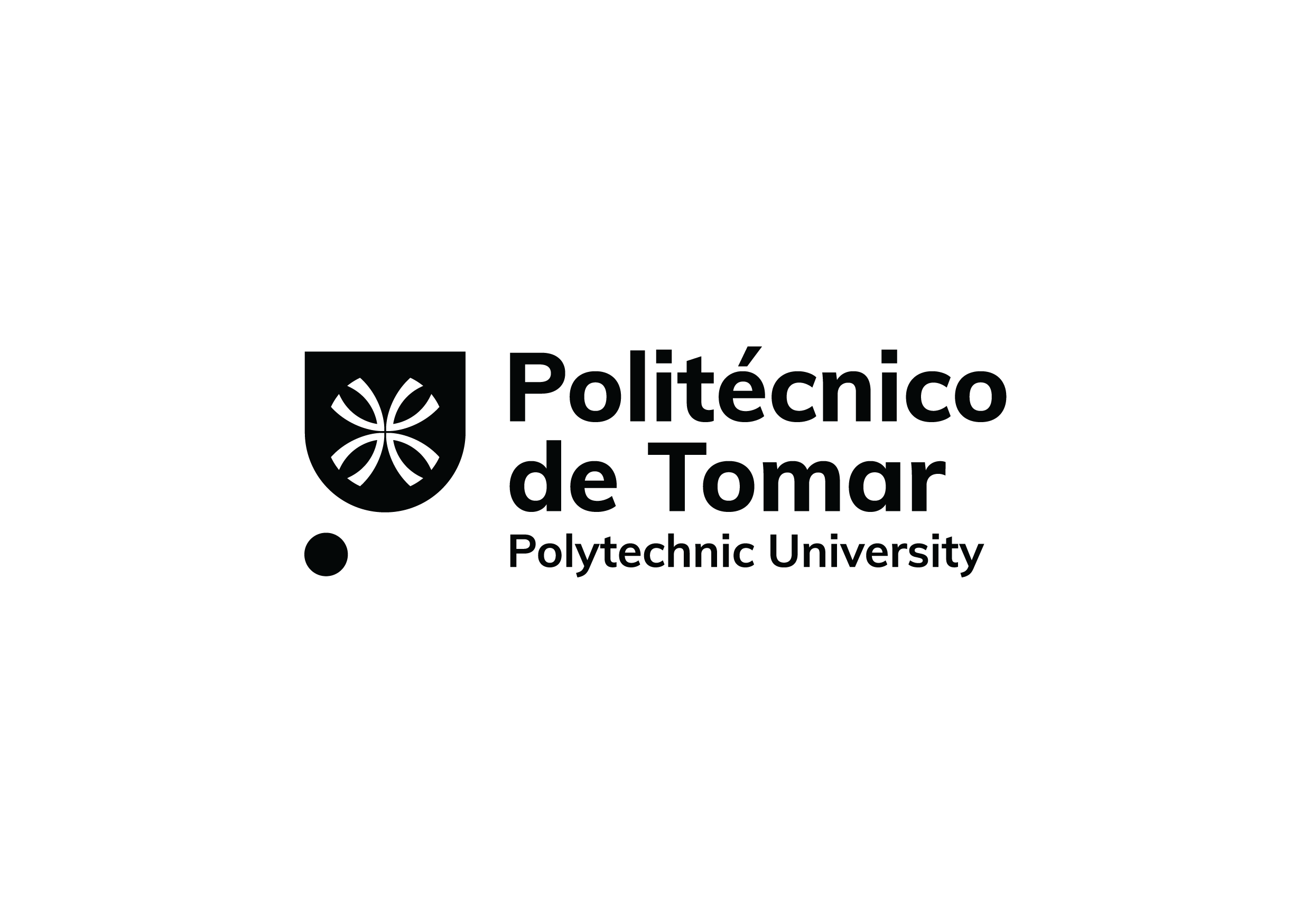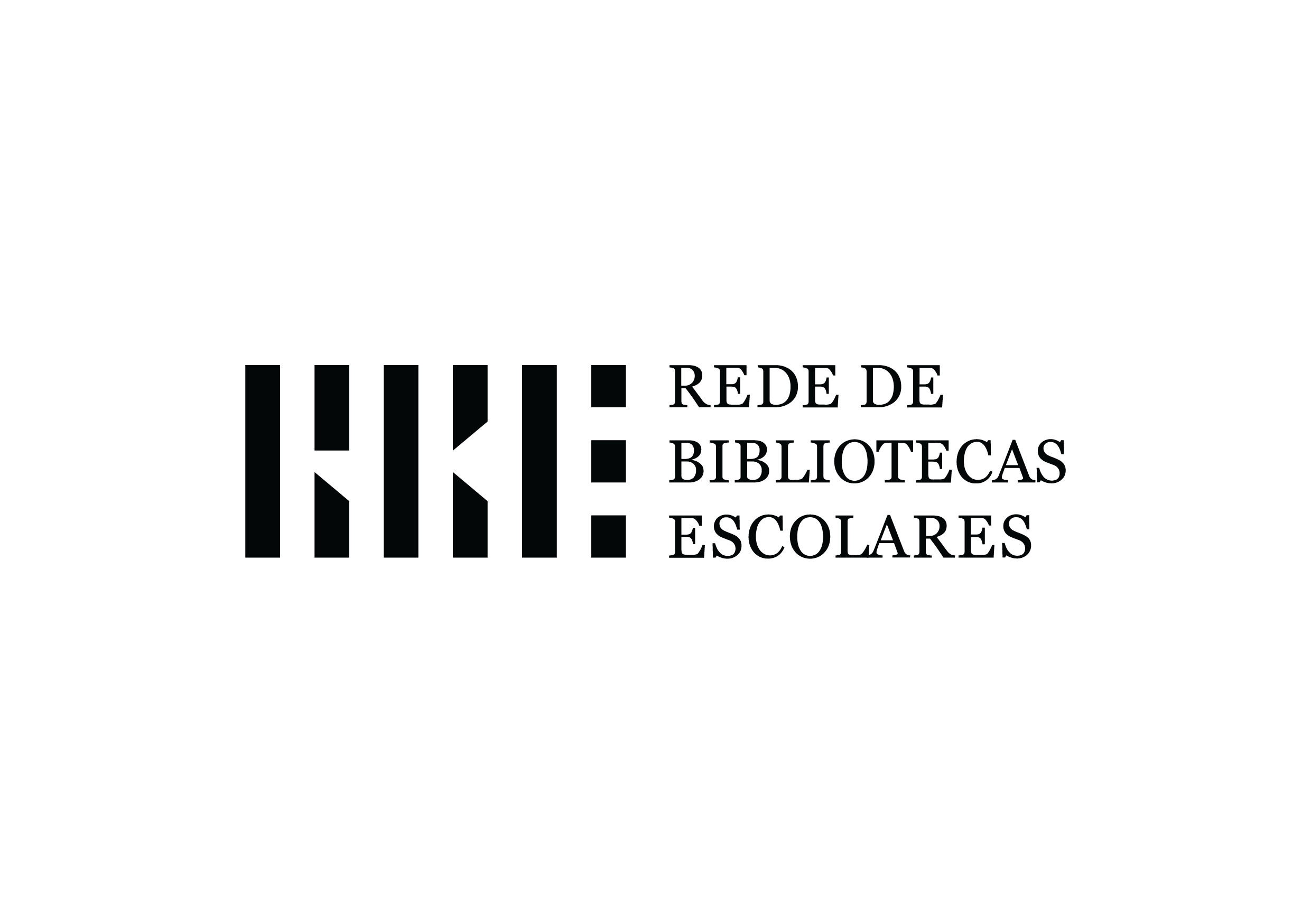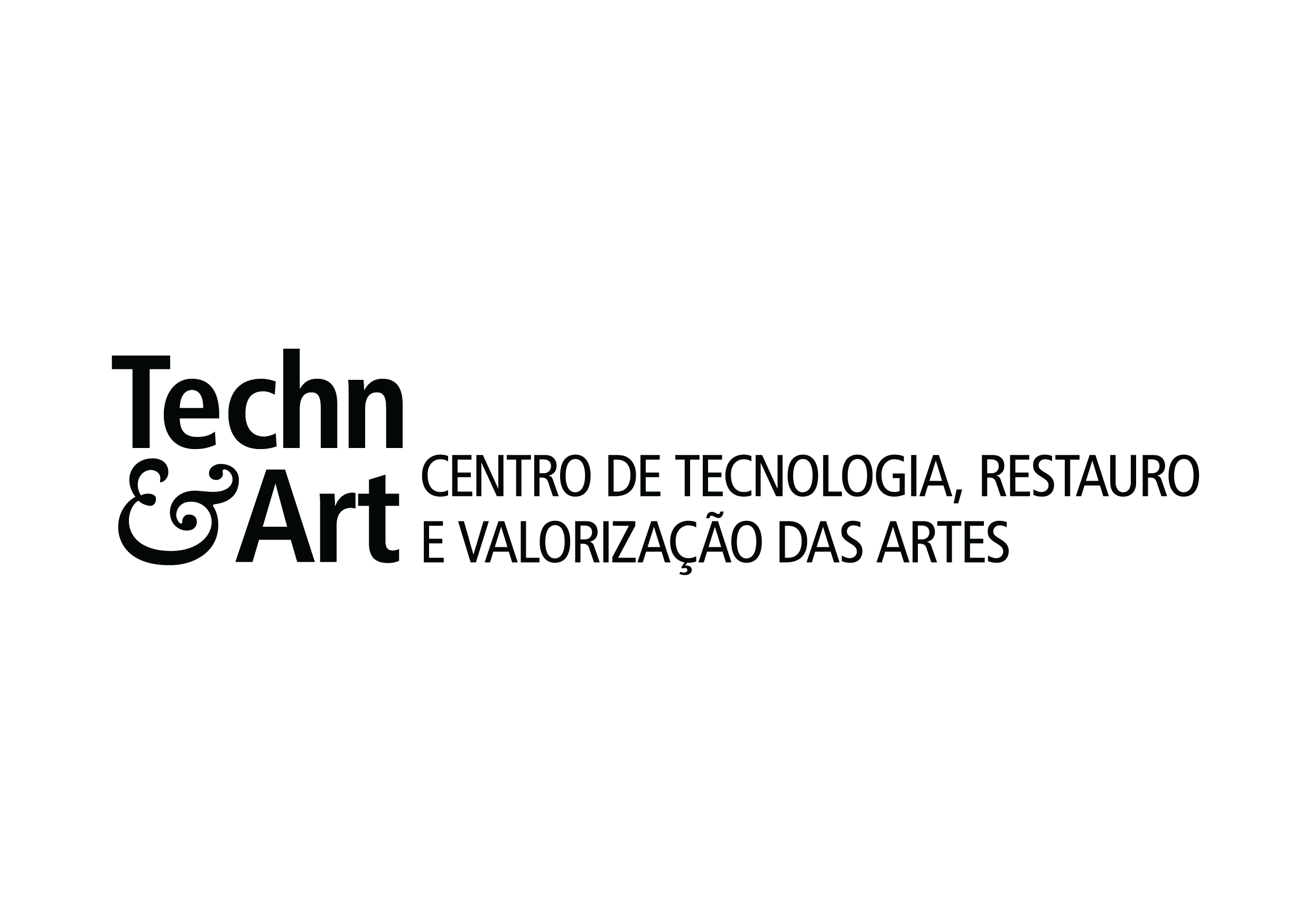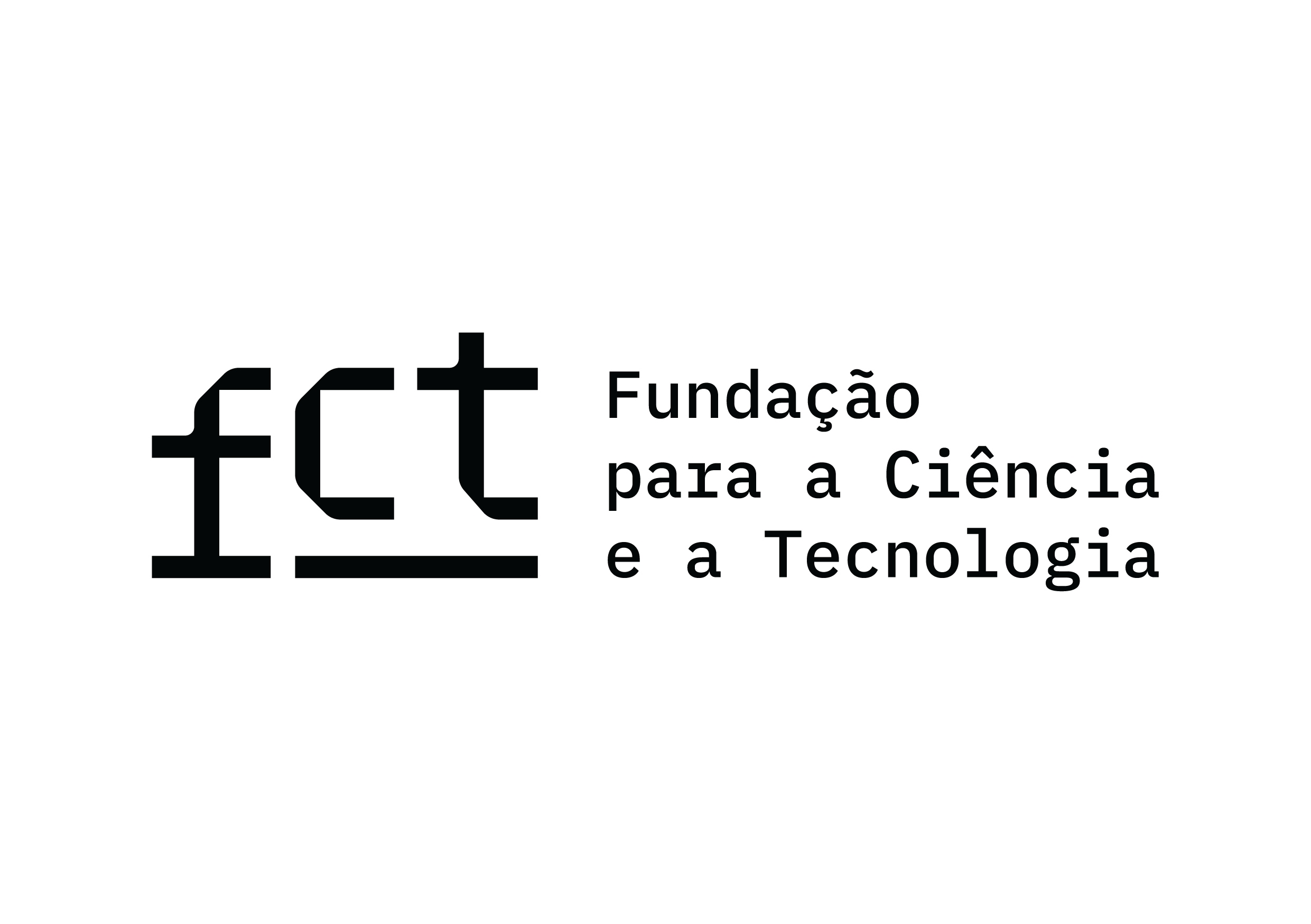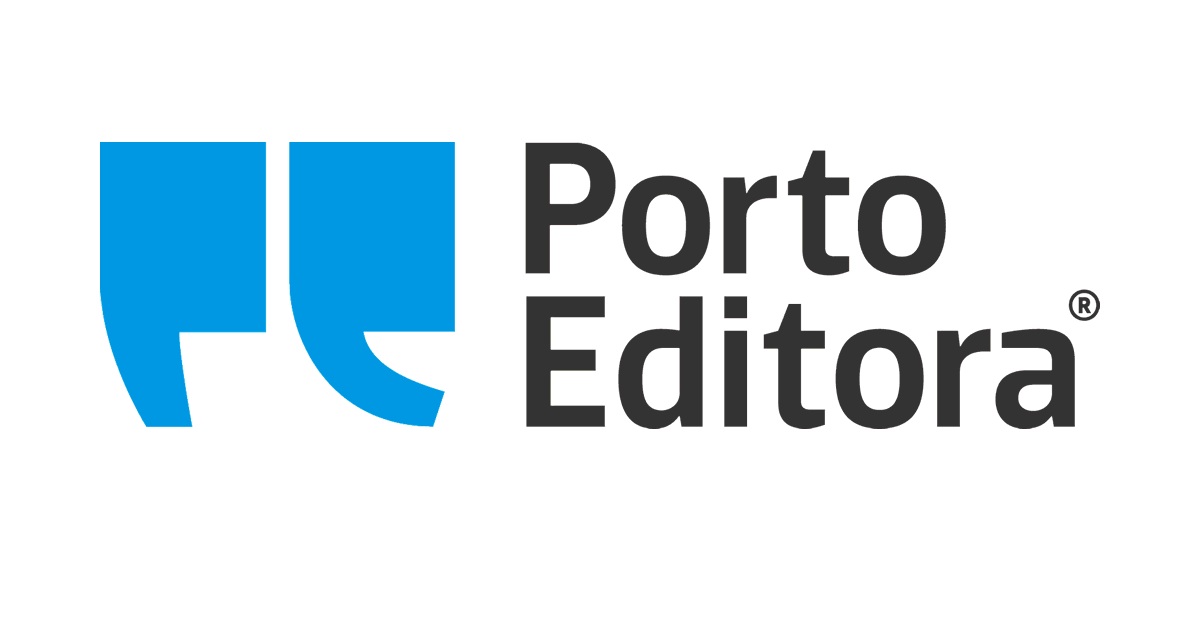Diálogo de Mia Couto com os alunos das escolas de Tomar
Auditório da Biblioteca Municipal de Tomar
Encontro de Mia Couto com os seus leitores
Auditório da Biblioteca Municipal de Tomar
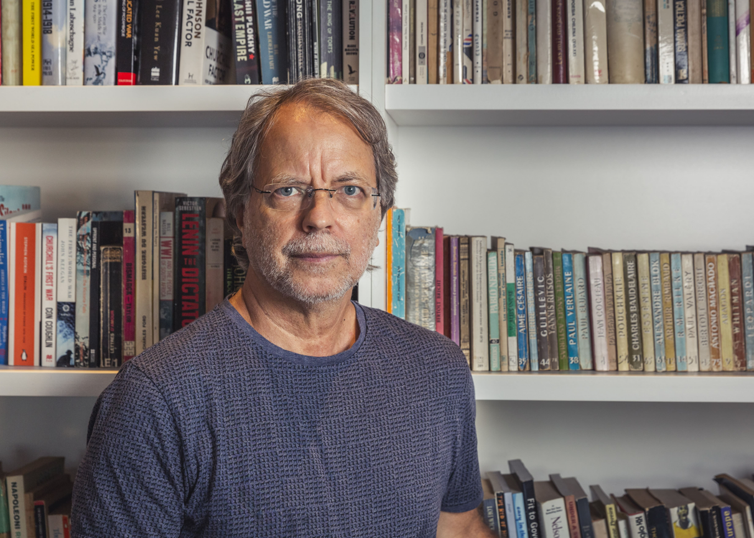
Mia Couto
Mia Couto nasceu na Beira, Moçambique em 1955. Foi jornalista e professor e é, atualmente, biólogo e escritor. Está traduzido em várias línguas.
Entre outros prémios e distinções (de que se destaca a nomeação, por um júri criado para o efeito pela Feira Internacional do Livro do Zimbabwe, de Terra Sonâmbula como um dos doze melhores livros africanos do século XX), foi galardoado pelo conjunto da sua já vasta obra com o Prémio Vergílio Ferreira 1999 e com o Prémio União Latina de Literaturas Românticas 2007. Ainda em 2007, Mia foi distinguido com o Prémio Passo Fundo Zaffari & Bourbon de Literatura pelo seu romance O Outro Pé da Sereia. Jerusalém foi considerado um dos 20 livros de ficção mais importantes da “rentrée” literária francesa por um júri da estação radiofónica France Culture e da revista Télérama. Em 2011, venceu o prémio Eduardo Lourenço, que se destina a premiar o forte contributo de Mia Couto para o desenvolvimento da língua portuguesa. Em 2013 foi galardoado com o prémio Camões e com o prémio norte-americano Neustadt. em 2015 foi finalista do prémio The Man Booker Price.
O seu livro Compêndio para Desenterrar Nuvens ganhou o grande prémio do Conto Branquinho da Fonseca APE, Câmara Municipal de Cascais, Fundação D. Luís 2023. Já em 2024 obteve o Prémio Feira Internacional do Livro de Guadalajara (México) e, em 2025, o Prémio PEN/Nabokov 2025.
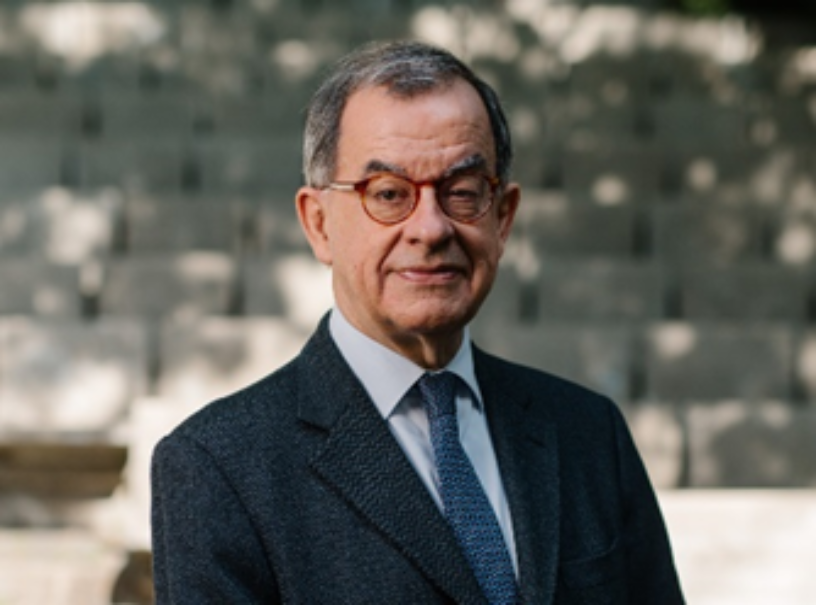
Guilherme d'Oliveira Martins
Nasceu em Lisboa, 23 de Setembro de 1952. É Administrador Executivo da Fundação Calouste Gulbenkian (desde 16 de Novembro de 2015).
Presidente do Grande Conselho do Centro Nacional de Cultura, (2016); Sócio efetivo da Academia das Ciências de Lisboa, (eleito em 03 mai 2022); Membro efetivo da Academia de Marinha, (eleito em 16 dez 2014); Académico de Mérito da Academia Portuguesa da História, (eleito em 06 jul 2015); Professor Catedrático Convidado da Universidade Lusíada; Professor Catedrático Convidado do Instituto Superior de Ciências Sociais e Políticas da Universidade de Lisboa, (ISCSP); Presidente do Conselho de Curadores da Universidade do Minho; Presidente do Conselho Fiscal da Caritas Portuguesa; Presidente do Conselho Fiscal da Irmandade de São Roque (Lisboa); Sócio Correspondente da Academia Brasileira de Letras – cadeira 20 (07 out 2021); Presidente da Assembleia Geral da World Monuments Fund (01 jun 2023); Presidente do Conselho Consultivo do Banco Português do Fomento (2024).
Exerceu as funções de Presidente do Centro Nacional de Cultura (2002 – 2016), do Tribunal de Contas (2005-2015), do Conselho de Prevenção da Corrupção (2008-2015), da EUROSAI – Organização das Instituições Superiores de Controlo das Finanças Públicas da Europa (2011-2014) e do Comité de Contacto dos Presidentes das Instituições Superiores de Controlo da União Europeia (2011-2012); Auditor Geral da Assembleia da UEO – União Europeia Ocidental (2008-2011); Ministro da Presidência(2000-2002), das Finanças (2001-2002) e da Educação (1999-2000); Secretário de Estado da Administração Educativa (1995-1999); Deputado à Assembleia da República (1980-1985, 1991-1995, reeleito em 1995, 1999, 2002-2005); Vice-Presidente da Comissão Nacional da UNESCO (1988-1994).
Exerceu as funções de Presidente do Conselho Fiscal da Caixa Geral de Depósitos, S.A. (2016 – 2021; Presidente da SEDES – Associação para o Desenvolvimento Económico e Social (1985-1995); e Presidente do Steering Committee do Conselho da Europa que elaborou a Convenção de Faro sobre o valor do Património Cultural na sociedade contemporânea (Faro, 27 de Outubro de 2005).
Foi agraciado com a Grã-Cruz da Ordem Militar de Cristo e Grande Oficial Ordem do Infante D. Henrique; Comendador da Ordem de Isabel, a Católica (Espanha); Grã-Cruz da Ordem do Cruzeiro do Sul (Brasil); Oficial da Ordem da Legião de Honra (França); Medalha de Gratidão, do Centro Europeu de Solidariedade (Polónia); Cruz de Grande Oficial Ordem de Mérito da República da Polónia; Medalha Municipal de Mérito – Grau Ouro (Câmara Municipal de Loulé); Colar do Mérito Ministro Victor Nunes Leal (Tribunal de Contas do Município do Rio de Janeiro, Brasil).
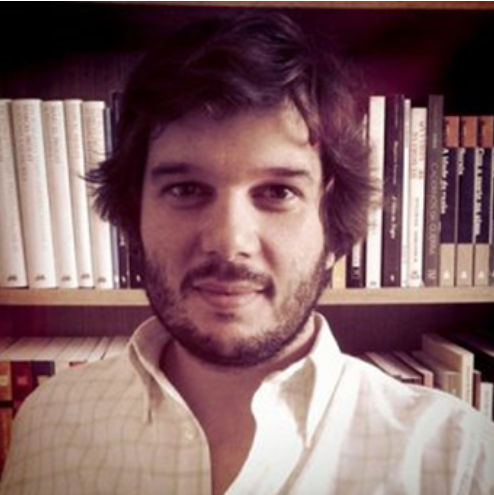
Luís Ricardo Duarte
Nasceu em Lisboa, em 1977, e cresceu em Setúbal, na pré-história dos telemóveis e das redes sociais. Inclinou-se, em criança, para a exploração espacial, mas com a idade passou a procurar outras perspetivas. Licenciou-se em História da Arte na Faculdade de Letras da Universidade de Lisboa, tendo aí dirigido o jornal Os Fazedores de Letras. Fez formação complementar em Literatura, ainda na FLUL, e em Jornalismo, no CENJOR. Na Universidade de Coimbra, concluiu a parte curricular do Mestrado em Estudos Clássicos.
O seu ponto de fuga foi a arte, a história e a literatura, bem condensado no jornalismo, que é outra forma de representar o mundo. Gostava de saber andar como os antigos egípcios e de ter a precisão dos pontilhistas. Ainda assim, não se acha nada mal a «pintar a manta». É jornalista do Jornal de Letras, Artes e Ideias desde 2003. Lê para escrever e escreve para ler. Escreveu O Mundo Fantástico da Arte através dos Tempos para partilhar a emoção que sente diante de uma obra de arte.

José Luís Pires Laranjeira
Professor Jubilado da Universidade de Coimbra. Mais de dúzia e meia de livros publicados. Centenas de textos dispersos sobre literaturas africanas e outros assuntos. 60 anos de escrita publicada e de intervenções científicas e culturais.

Ana Rita Gaspar Vieira
Nasceu em Leiria em 1976. Vive e trabalha entre Leiria, Tomar, Lisboa e Coimbra. Estudou Artes Visuais na Faculdade de Belas Artes, da Universidade de Lisboa, onde terminou em 1999 a Licenciatura em Artes Plásticas – Pintura; em 2003 o Curso de Mestrado em Teorias da Arte, com a dissertação: Espaço poder e vigilância – O quotidiano nas Artes Plásticas, anos 80/90 (de Richard Serra a Pedro Cabrita Reis) e, em 2016, concluiu o Curso de Doutoramento em Belas Artes – na especialidade de Desenho, com a tese: O Quotidiano Deslocalizado: O Desenho Como “Mapa”. Como artista visual, expõe regularmente desde meados dos anos 2000. Como docente, leciona Unidades Curriculares no âmbito das Artes Visuais, no Instituto Politécnico de Tomar desde 2005, onde é Adjunto, membro do C.A.I. e desenvolve regularmente ateliês de Pintura e Desenho no C.E.A.C. no âmbito de uma parceria entre esta instituição e a C.M. de Vila Nova da Barquinha. Leciona ainda Metodologias de Investigação II, no Doutoramento em Arte Contemporânea, no Colégio das Artes da Universidade de Coimbra desde 2018.
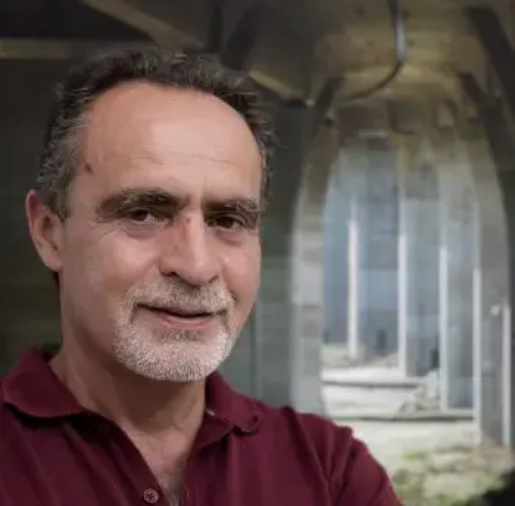
Álvaro Domingues
Álvaro Domingues (Melgaço, 1959) é geógrafo, doutorado em Geografia Humana pela Faculdade de Letras da Universidade do Porto em 1994. Desde 1999 é docente do mestrado integrado e do curso de doutoramento. É também membro do Conselho Científico. Como investigador do Centro de Estudos de Arquitectura e Urbanismo da FAUP, tem desenvolvido uma actividade regular de investigação e publicação no âmbito de projectos com a Fundação Calouste Gulbenkian, com a Fundação Ciência e Tecnologia, com a CCDR-N, CCDR-C, com a Xunta da Galiza, com a Escola Técnica Superior de Arquitectura da Coruña, com a Erasmus Iniversity of Rotterdam-EURICUR, com o Club Ville Aménagement – Paris; com o CCCB, Barcelona, com a Universidade Tècnica de Barcelona-Arquitectura, com a Universidade de Granada – Planeamento e Urbanismo, com as Universidade Federal de S. Paulo e do Rio de Janeiro-Brasil, com as Universidades do Minho e Coimbra, com os municípios de Guimarães e Porto, com a Ordem dos Arquitectos, com a Fundação de Serralves e a Fundação da Juventude, entre outros. No CEAU-FAUP a sua actividade centra-se na Geografia Humana, Paisagem, Urbanismo e Políticas Urbanas, quer em termos de investigação, quer em termos de assessoria externa e formação.
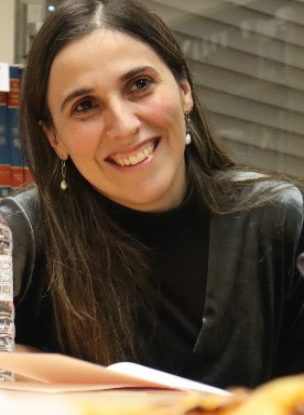
Manuela Sofia Silva
É doutorada em Estudos de Literatura e de Cultura, especialidade em Estudos Comparatistas, pela Faculdade de Letras da Universidade de Lisboa, onde também concluiu o mestrado em Estudos Franceses. É professora adjunta convidada no Instituto Politécnico de Tomar deste 2018, nas áreas do francês, da língua e literatura portuguesas e escrita criativa e é investigadora integrada do Centro de Tecnologia, Restauro e Valorização das Artes do Instituto Politécnico de Tomar (TECNH&ART). Colabora, igualmente, com a Escola Superior de Educação do Instituto Politécnico de Santarém desde 2019.
Os seus interesses de investigação incluem as relações entre literatura e a cultura, a autoria e a educação feminina, assim como a escrita criativa e de ficção.
Mestre em Educação Especial no domínio cognitivo e motor e pós-graduada em Escrita de Ficção, encontra-se a concluir mestrado em Escrita Criativa na Faculdade de Letras da Universidade de Coimbra.
Maria no país dos brinquedos (in)úteis (2023) é a sua primeira incursão no mundo das histórias para crianças. É também autora de Programa de Escrita Criativa para Sobredotados (2016); Reescritas das Cartas Portuguesas em Portugal, seguidas do conto As Cartas que nunca te escrevi (2023).

Jorge Malheiros
É geógrafo, investigador e co-coordenador do Grupo de Investigação ZOE do Centro de Estudos Geográficos do IGOT da Universidade de Lisboa, onde também desempenha as funções de professor associado. Desenvolve investigação nas áreas dos estudos sociais urbanos, da geopolítica, da demografia e das migrações.
Membro da direção do Colégio Tropical da Universidade de Lisboa, publicou trabalhos científicos em Portugal e no estrangeiro e participou e coordenou projetos no domínio da demografia, das migrações, da integração social e da habitação, sendo membro do comité editorial do IMISCOE-Springer (Migration) e correspondente português do SOPEMI–OCDE (2001-2021).

Adelino Gonçalves
licenciado em Arquitetura (1995) e doutor em Arquitetura (2012) pela Universidade de Coimbra, é Investigador Associado do Centro de Estudos Sociais (CES) e Professor Associado do Departamento de Arquitetura da UC, onde é responsável por unidades curriculares do Mestrado Integrado em Arquitetura (MIA) na área de Urbanismo e do Mestrado em Reabilitação Urbana Integrada, do qual é fundador e coordenador. É também responsável pelas unidades curriculares do doutoramento Cidade e Culturas Urbanas (UC), do MIA do M_EIA – Escola Internacional de Artes, Tecnologia e Cultura (Cabo Verde) e do Mestrado em Desenvolvimento do Território e Gestão Urbana da Universidade Lúrio (Moçambique). A sua investigação incide sobre políticas urbanas, com abordagem na integração da reabilitação urbana e da segurança patrimonial no desenvolvimento urbano. Neste tema, coordenou e participou em projetos e é autor e coautor de diversas publicações em diferentes linhas editoriais, de que destaca vários Património Urban(ístic)o e Desenvolvimento. Coimbra: Imprensa da Universidade de Coimbra, 2018, e membro fundador da Iniciativa Patrimónios e Desenvolvimento: história, políticas e técnicas, do Instituto de Investigação Interdisciplinar da Universidade de Coimbra.

Bernardo Ivo Cruz
Bernardo Ivo Cruz é Doutor em Ciência Política pela Universidade de Bristol, foi Bolseiro de Doutoramento Chevening do Ministério dos Negócios Estrangeiros Britânico e é Alumnus do Prince of Wales’s Business and Sustainability Program pelo Instituto de Sustentabilidade e Liderança da Universidade de Cambridge, no Reino Unido. É igualmente Académico Correspondente da Academia Internacional da Cultura Portuguesa.
Cerca de 30 anos de experiência profissional em diferentes áreas, incluindo Governo, Ensino Superior, Setor Público, Setor Financeiro, Setor Privado, Organizações Não-Governamentais e trabalho com Organizações Internacionais. Experiência na identificação, desenho e implementação de novas estratégias, soluções específicas e estabelecimento de parcerias estratégicas. Experiência na gestão de organizações multinacionais. Experiência em comunicação para diferentes públicos, com presença regular em meios de comunicação social. Experiência internacional, tendo vivido e trabalhado na Bélgica, no Brasil, no Reino Unido, em Portugal e em Timor-Leste.
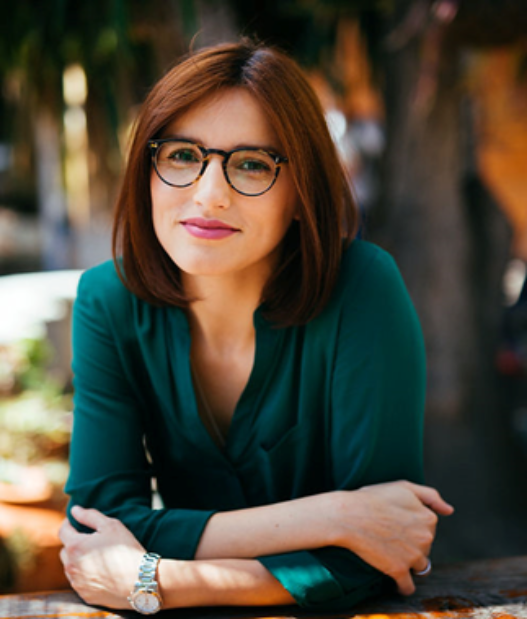
Maria Isaac
Natural das Terras de Antuã, no norte de Portugal.
Autora de “Onde Cantam os Grilos” (2017), finalista do Prémio Fundação Eça de Queiroz, que inicia a série Odisseia das Pequenas Coisas, seguindo-se “O Que Dizer das Flores” (2021), e “Quantos Ventos na Terra” (2023).
Nos seus livros procura reinventar a temática do Portugal rural e espelhar as peculiaridades da alma lusa.
Desde 2020 é a voz do podcast PALAVRA.
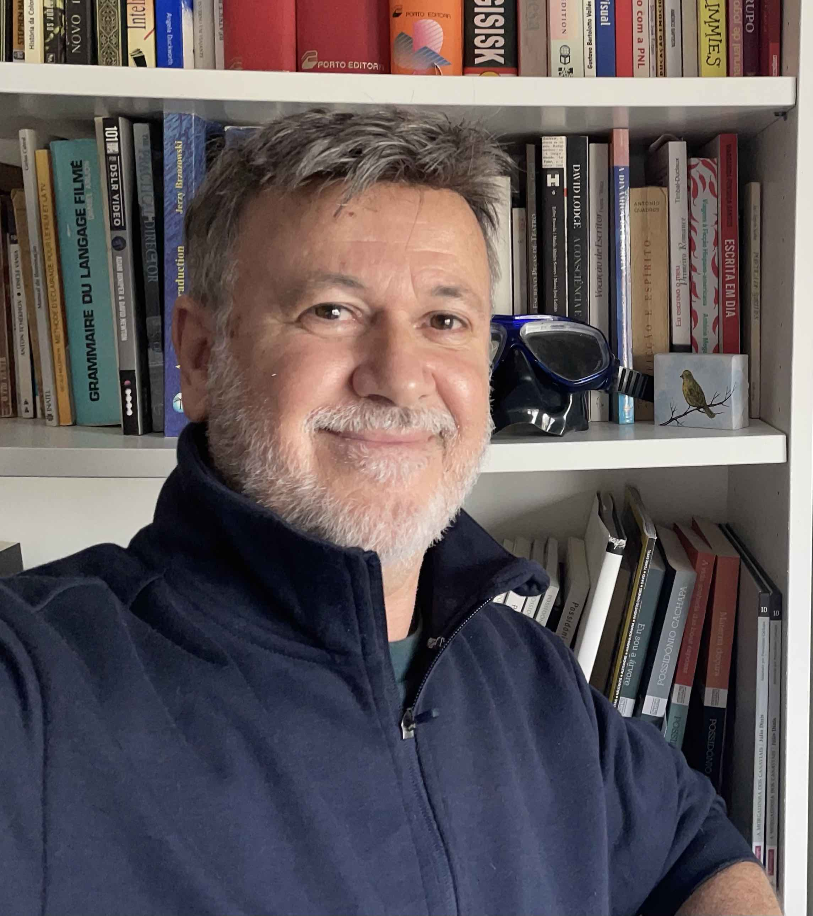
Possidónio Cachapa
Possidónio Cachapa é escritor, professor e realizador.Doutorado em Ciências da Comunicação – na área de Estudos de Adaptação Cinematográfica – é autor de diversos romances, contos, livros de crónicas e argumentos de longas e curtas-metragens.Nascido no Alentejo, viveu nos Açores e em várias partes do mundo. É um viajante incansável, e gosta de pensar em si como alguém que vive permanentemente entre o mar e o campo.A sua obra encontra-se traduzida em vários países, nomeadamente, Espanha, Itália, Bulgária ou Suécia, sendo objeto de estudo em universidades estrangeiras. Além de alguns dos seus livros terem sido adaptados ao cinema e ao teatro, escreveu, produziu e realizou diversos filmes de ficção e documentais, premiados em festivais nacionais e internacionais. Entre as dezenas de títulos publicados, destacam-se os romances Materna Doçura (1998), O Mar por Cima (2002) e A Vida Sonhada das Boas Esposas (2017). A Selva dentro de Casa (2024) é o seu mais recente romance e o primeiro que publica na Dom Quixote.
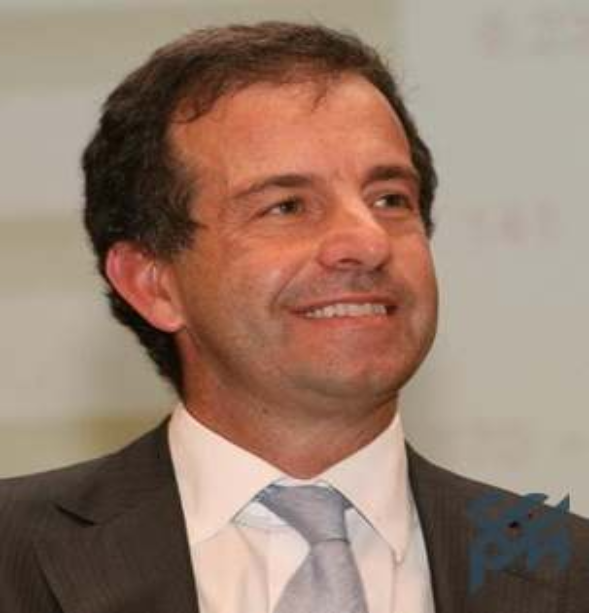
Rui Moreira de Carvalho
Nasceu em Moçambique em 1962. É engenheiro de máquinas marítimas (Escola Superior Náutica Infante D. Henrique), mestre em Economia e Gestão da Ciência e Tecnologia (ISEG) e doutorado em Gestão (ISCTE - Instituto Universitário de Lisboa). Professor Associado do Instituto Superior de Gestão e da Universidade Lusófona. Desde fevereiro de 2009, é quadro superior da Caixa Geral de Depósitos. Desde maio de 2017, é Presidente da Direção da Câmara do Comércio Portugal Moçambique. Foi Presidente do Conselho Fiscal da SAD do Sporting Clube Portugal de junho de 2013 a novembro de 2018.
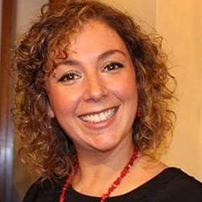
Filipa Fernandes
Filipa Fernandes é vereadora da Câmara Municipal de Tomar desde 2017, atualmente com os pelouros da Gestão do Território, Turismo, Cultura, Museologia, Associativismo, Educação, Ação Social e Habitação, tendo sido nomeada como vice-presidente da autarquia em 2023.
Durante o seu percurso académico, na área da Animação Socioeducativa, esteve sempre envolvida em voluntariado e participou em diferentes projetos sociais. Na área profissional, integrou projetos de intervenção social, serviços de educação e animação, e coordenou projetos culturais e de educação não formal para crianças e jovens.
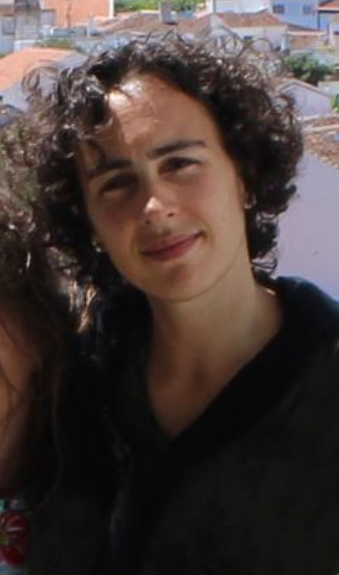
Fátima Frade
Terminou o Projeto Individual em Artes Visuais no Ar.Co em 2017.
Usa linhas e cores em papel formando formas espaciais.
O seu trabalho foi selecionado para finalista no Prémio Arte Jovem Fundação Millenium BCP, Lisboa, 2019; Biennale de la Jeune Création Européenne 2019-21; XXI Bienal Internacional de Arte de Cerveira, Vila Nova de Cerveira, 2020; e para o Prémio Amadeo de Souza-Cardoso, Amarante, 2020. Premiada pelo Projeto Cultural da Abreu Advogados. Também fez exposições individuais em galerias e museus. Representada pela Galeria Módulo, e agora pela Galeria das Salgadeiras Arte Contemporânea.
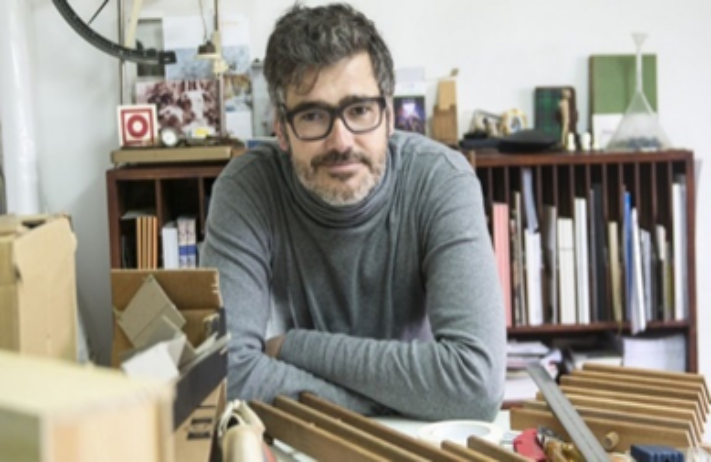
Nuno Sousa Vieira
Vive e trabalha entre Leiria e Lisboa. Doutorado em Pintura pela Faculdade de Belas Artes da Universidade de Lisboa, com a tese intitulada: O Ateliê – Do Mundo Para o Lugar. Sala de Exposição (1971/2015). Das suas várias exposições destacam-se as mais recentes: Inhabitants ou imitar o andar, 3+1 Arte Contemporânea, Lisboa (2023); Pelo que não se vê, curadoria de Rita Gaspar Vieira, Centro de Arte e Imagem – Galeria do IPT, Tomar (2023); Uma Vida Inteira, curadoria de Ana Rito, Banco das Artes Galeria, Leiria (2021); Bom dia lua, Museu Municipal Amadeo de Souza Cardoso, Amarante (2021).
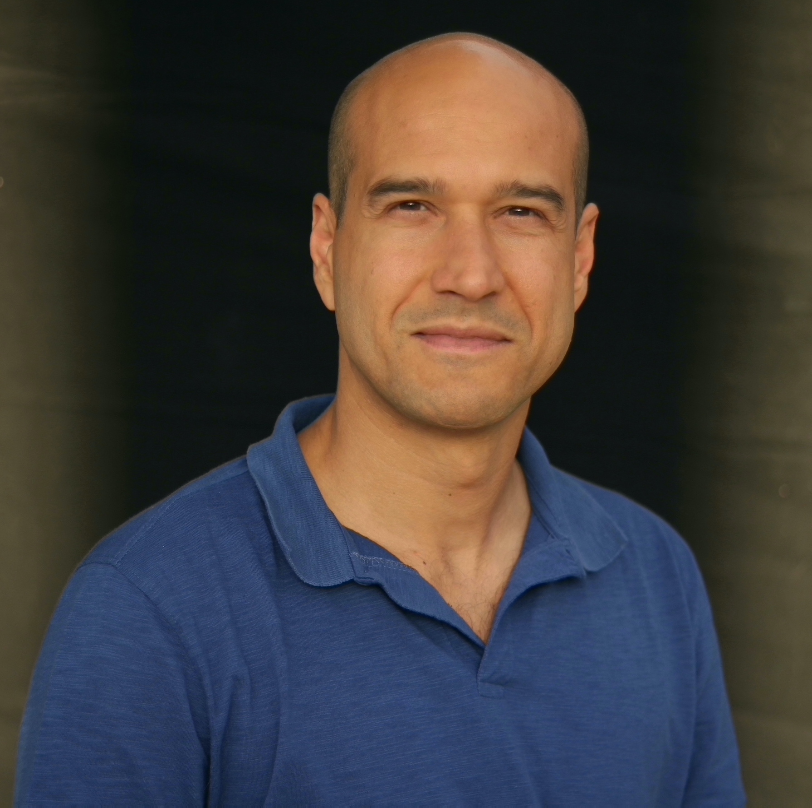
João Pedro Freire Fonseca da Luz.
João Pedro Freire Fonseca da Luz. Mestre em Estudos Artísticos, variante Estudos Fílmicos, pela Universidade de Coimbra. Professor na Escola Superior de Tecnologia de Abrantes, no Instituto Politécnico de Tomar. Investigador do Centro de Tecnologia, Restauro e Valorização das Artes. Desenvolve projetos nas áreas de documentário, cinema experimental, curtas de ficção e multimédia. Tem também interesse pela dramaturgia, encenação e artes performativas, com duas peças de teatro em que foi co-encenador: uma peça medieval trazida até aos dias de hoje - "O Físico" - e um melodrama teatral baseado em poemas da sua autoria - "O Medidor de Passos" -, ambos apresentados no Teatro Virgínia. Também neste espaço produziu componentes multimédia para espectáculos de música ao vivo. Alguns dos seus filmes foram exibidos em festivais de cinema ou mostras de vídeo, como Panorama, Caminhos do Cinema Português, Avanca, Fantasporto, Luso-Brasileiro, Adição+, Shortcutz, Galeria da Boavista e ainda RTP2. A nível experimental, contribuiu para o coletivo surrealista Exquisite What, um projeto online internacional, e realizou vídeos musicais para bandas locais. As áreas temáticas que prefere explorar em documentário são a etnografia, o urbanismo, a arquitetura, a indústria, a biografia e a futurologia.
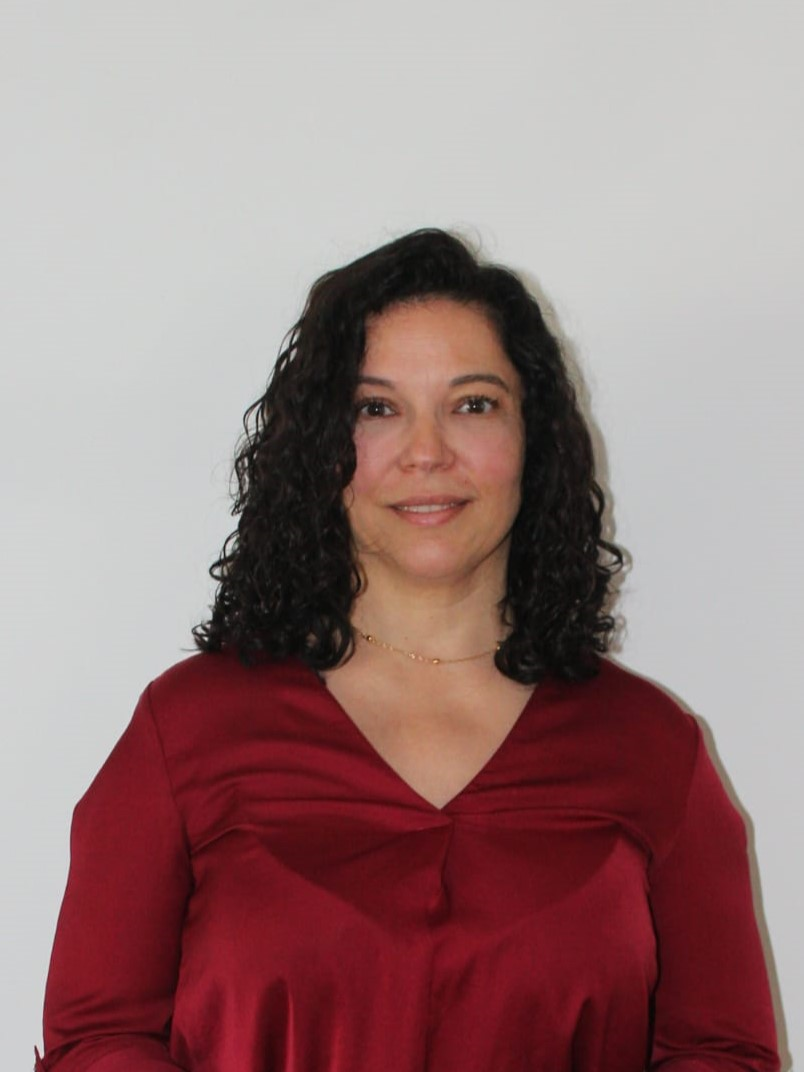
Susana Domingos
Mestre em Ciências da Educação, Mestre em Psicologia Clínica, especialidade de
Saúde e Bem-Estar, e Doutorada em Educação pela Universidade de Lisboa, Susana
Caetano Domingos, 48 anos, é Professora Adjunta no Instituto Politécnico de Tomar.
Para além da formação específica na área da psicologia, desenvolvimento pessoal e
profissional, é ainda International Certified Professional Coach e ancora os seus
conhecimentos na área das múltiplas inteligências (nomeadamente, a inteligência
emocional) psicologia positiva e bem-estar, conhecimentos consolidados em diversas
formações reconhecidas nacional e internacionalmente.
Responsável pelo Grupo de Mentoria e pelo Observatório da Prevenção do Abandono
e Promoção do Sucesso do IPT, visa compreender os fenómenos por trás do
abandono escolar no ensino superior e dada a dimensão e a complexidade desta
problemática, desenvolve múltiplas atividades que monitorizam e acompanham os
estudantes da instituição. É também responsável pelo desenvolvimento de estratégias
no sentido de apoiar o estudante, assim como pelo apoio e promoção de atividades de
formação contínua de âmbito pedagógico-didático de docentes.
Na área da investigação tem-se dedicado, para além da área específica da educação,
psicologia e ensino/aprendizagem, ao estudo de várias temáticas como as emoções,
incidentes críticos, reflexão e mudança, as quais resultam em várias comunicações e
publicações nacionais e internacionais.
É investigadora integrada do Centro de Tecnologia, Restauro e Valorização das Artes.
Constam do seu Curriculum Vitae três participações em projetos financiados pela FCT.
Ser, aqui e agora, por si e pelos outros, é o seu mantra na educação.
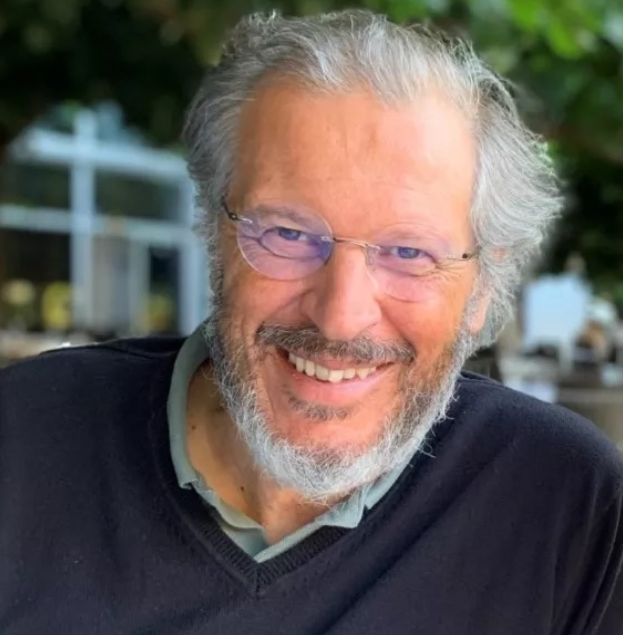
Rui Marques
Nasceu em Lisboa. Com as suas raízes familiares em terras de mar, divididas entre Ericeira e Sesimbra, foi crescendo entre sonhos de um mundo melhor e um permanente apelo para uma ação consequente.
Escolheu Medicina como formação mas, já depois do curso concluído, acabou por fazer um desvio para o mundo da comunicação social, área onde trabalhou uma década.
Cruzou-se com a causa da autodeterminação de Timor-Leste, tendo ajudado a organizar, em 1992, a Missão Paz em Timor, com o navio Lusitânia Expresso. Já em 2001, com Timor livre, viveu a experiência da construção de um Centro Juvenil em Dili (CJPAV).
Participou na fundação da revista Fórum Estudante e do projeto CAIS (Circulo de Apoio à Integração dos Sem-Abrigo).
Em 1994, esteve envolvido no acolhimento de mães e crianças bósnias, refugiadas de guerra e, entre 2002 e 2008, foi um dos responsáveis pela política de acolhimento e integração de imigrantes em Portugal, no Alto Comissariado para a Imigração e Minorias Étnicas (ACIME).
Trabalhou pela inclusão social de crianças e jovens provenientes de contextos sócio-económicos mais desfavorecidos, através do Programa Escolhas. De 2011-2024, foi presidente do Instituto Padre António Vieira e, em 2023, fundou o Relational Lab de que é Coordenador Executivo.
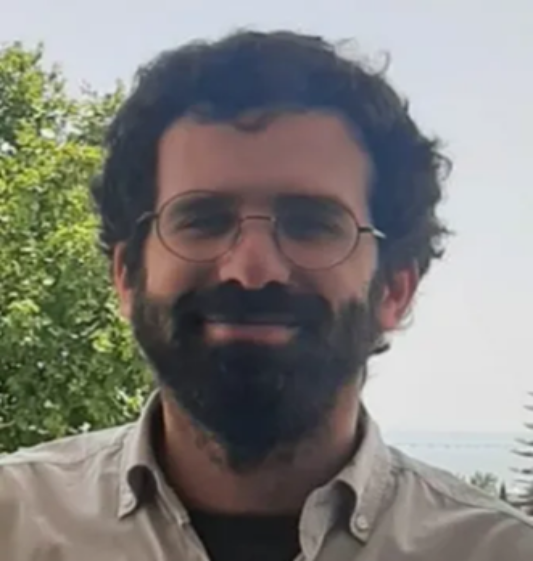
Pedro Freitas
É doutorando em Economia na Nova School of Business and Economics (Nova SBE), instituição onde é membro do Centro de Economia da Educação e obteve a sua licenciatura e MPhil em Economia. A sua investigação foca-se em tópicos de Economia da Educação e Capital Humano, tais como: medidas de valor acrescentado de professores; diferenciais entre notas internas e externas; razões por detrás da progressão nos testes PISA ou fatores no sucesso do ensino superior.
O seu trabalho usa bases de microdados compreensivas tanto do mercado de trabalho como do sistema de ensino português. Esteve igualmente envolvido na avaliação de impacto de diferentes projetos educacionais desenvolvidos em Portugal. Foi aluno visitante no departamento de economia da University College of London (UCL). É assistente convidado na Nova SBE de diversas cadeiras de licenciatura e mestrado.





